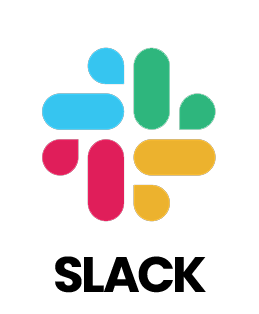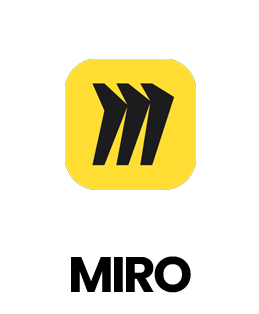1. Can You Introduce Yourself And Your Experience As A Scrum Master?
Ans:
I Am A Certified Scrum Master With Experience Facilitating Agile Teams, Leading Sprint Planning, Daily Stand-Ups, Reviews, And Retrospectives. I Focus On Removing Impediments, Promoting Collaboration, And Ensuring Timely Delivery Of High-Quality Product Increments.
2. What Are The Key Roles And Responsibilities Of A Scrum Master At Accenture?
Ans:
The Scrum Master Facilitates Scrum Events, Supports The Product Owner, Coaches The Team On Agile Practices, Removes Impediments, Monitors Progress, And Promotes Continuous Improvement Across The Team.
3. Explain A Situation Where You Helped A Team Improve Its Performance.
Ans:
In A Previous Project, The Team Struggled With Missed Sprint Goals. I Conducted Retrospectives, Identified Bottlenecks, Facilitated Training On Agile Practices, And Helped The Team Increase Productivity And Deliver Value Consistently.
4. How Do You Handle Conflicts Within A Scrum Team?
Ans:
I Facilitate Open Communication, Understand Different Perspectives, Encourage Collaboration, And Guide The Team Towards Consensus. I Focus On Resolving Issues Constructively Without Affecting Morale Or Productivity.
5. What Metrics Do You Use To Track Scrum Team Success?
Ans:
I Track Sprint Velocity, Burndown Charts, Lead Time, Cycle Time, Defect Density, And Team Satisfaction. These Metrics Help Identify Bottlenecks, Monitor Progress, And Drive Continuous Improvement.
6. How Do You Manage Stakeholder Expectations While Keeping The Team Focused?
Ans:
I Maintain Transparent Communication, Provide Regular Updates, Align Sprint Goals With Business Objectives, And Ensure Stakeholders Understand The Team’s Capacity And Priorities.
7. How Do You Facilitate Effective Daily Stand-Ups?
Ans:
I Keep Meetings Time-Boxed, Focused On Progress, Plans, And Blockers, Encourage Participation From All Members, And Ensure Quick Resolution Of Issues Without Turning The Stand-Up Into A Status Meeting.
8. What Is Your Approach To Handling Changes During A Sprint?
Ans:
I Collaborate With The Product Owner And Team To Assess The Impact Of Changes. Critical Changes Are Incorporated With Replanning, While Non-Urgent Requests Are Added To The Product Backlog For Future Sprints.
9. How Do You Encourage Continuous Improvement In Your Team?
Ans:
I Conduct Regular Retrospectives, Encourage Feedback, Implement Incremental Process Changes, Recognize Achievements, And Foster A Culture Of Learning From Mistakes And Experimenting With New Approaches.
10. How Do You Align Scrum Practices With Accenture’s Business Goals?
Ans:
I Ensure Sprint Deliverables Provide Tangible Business Value, Promote Transparency In Progress, Communicate With Stakeholders, And Encourage The Team To Focus On Objectives That Support Strategic Organizational Goals.


























